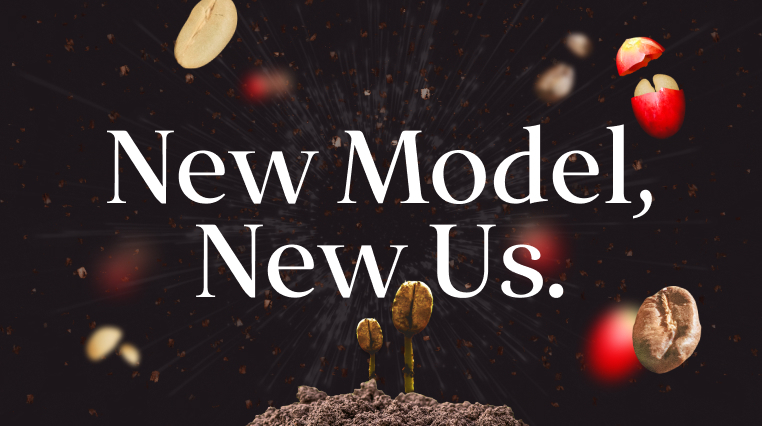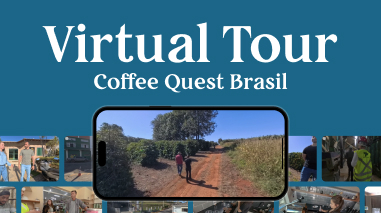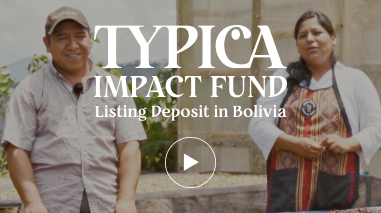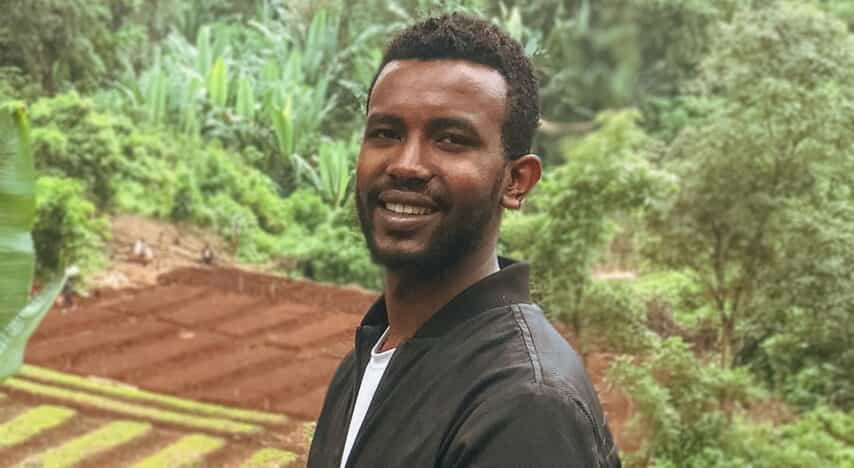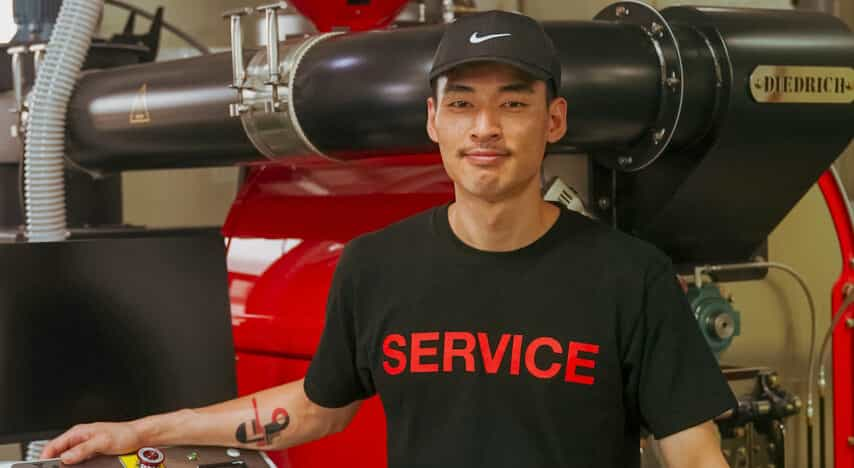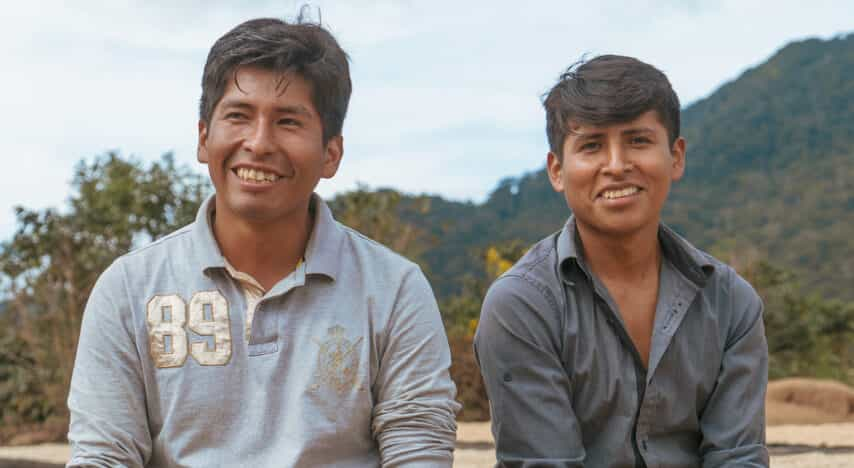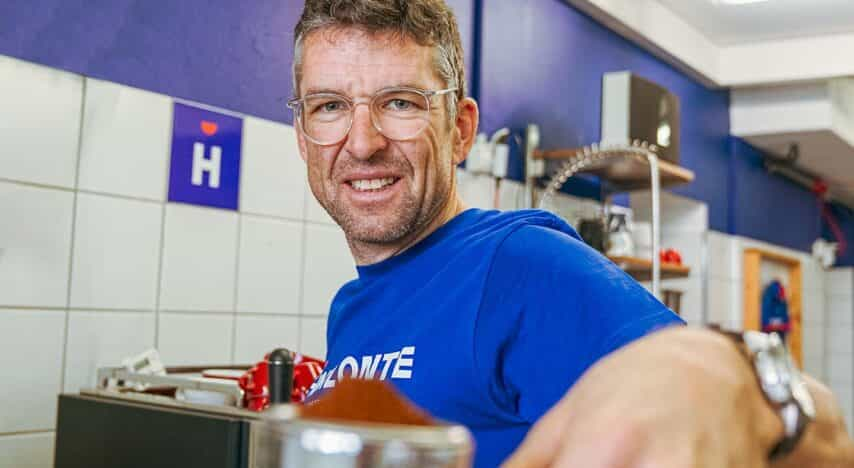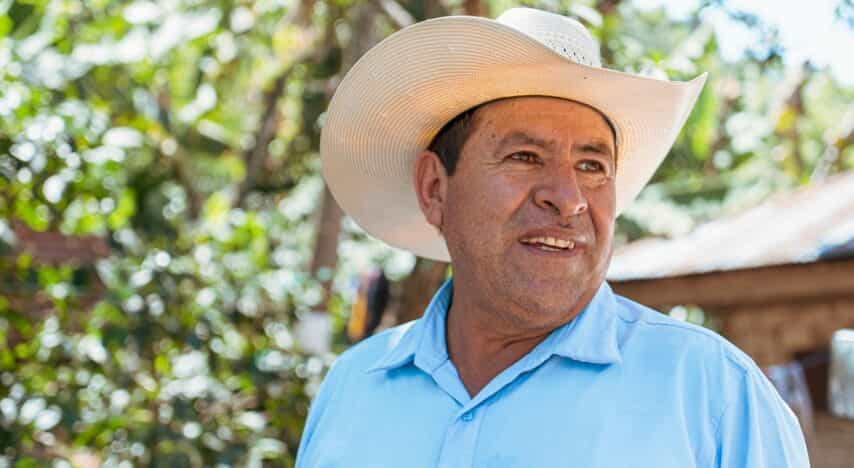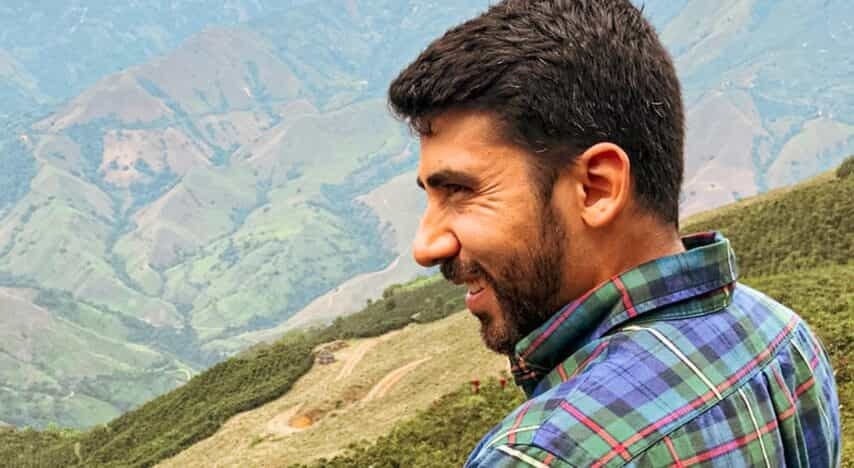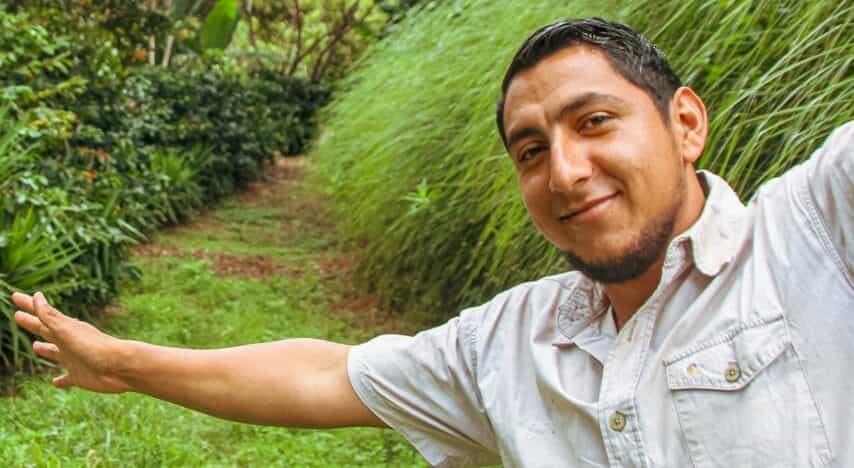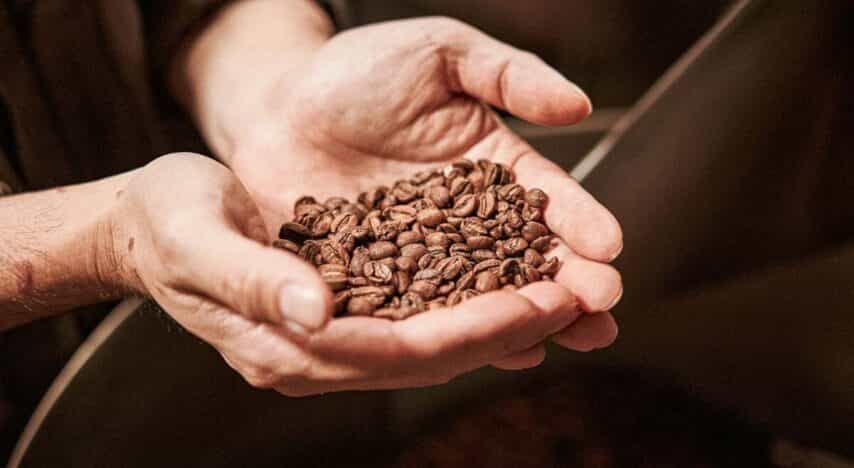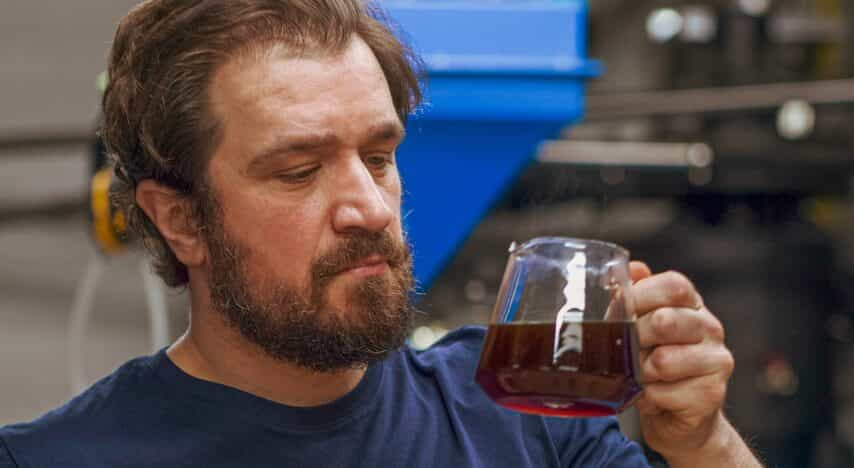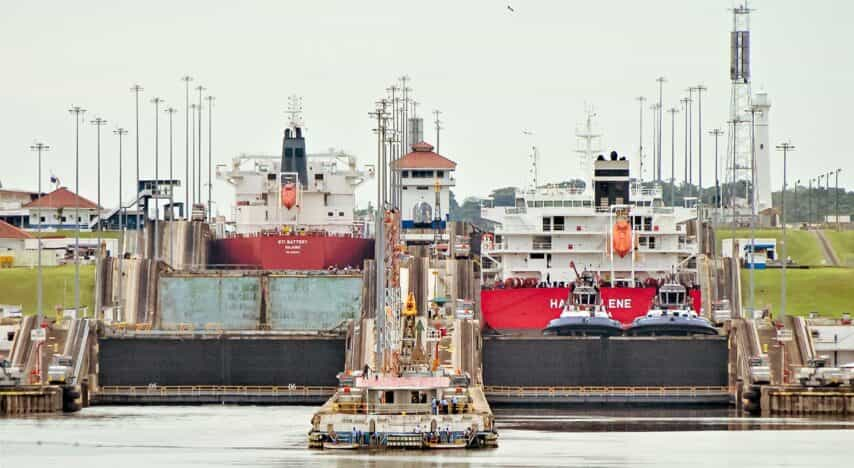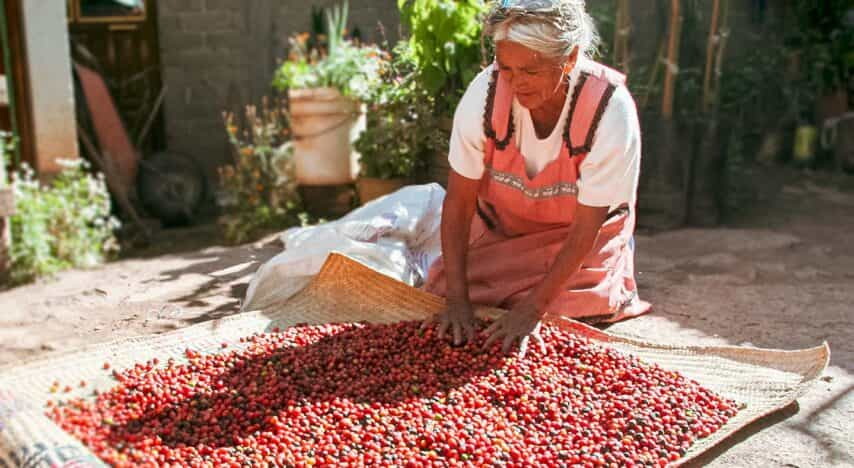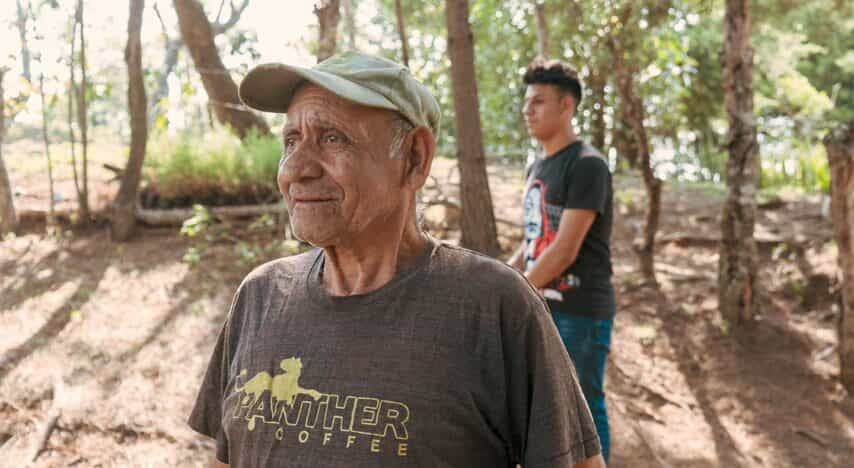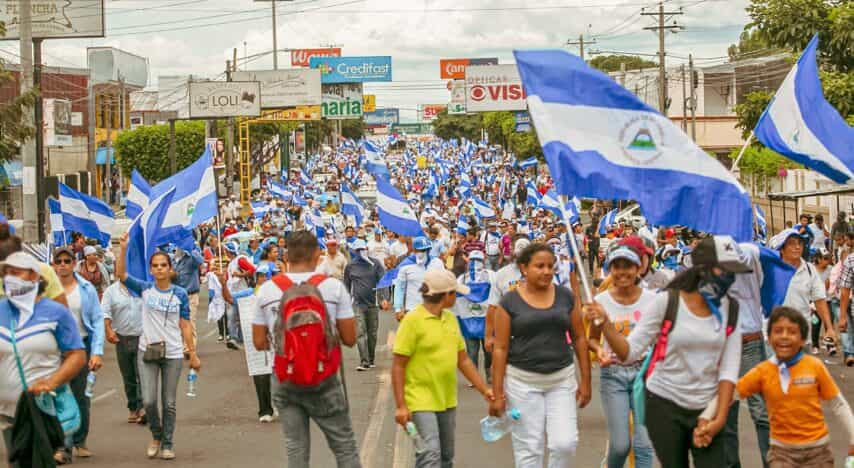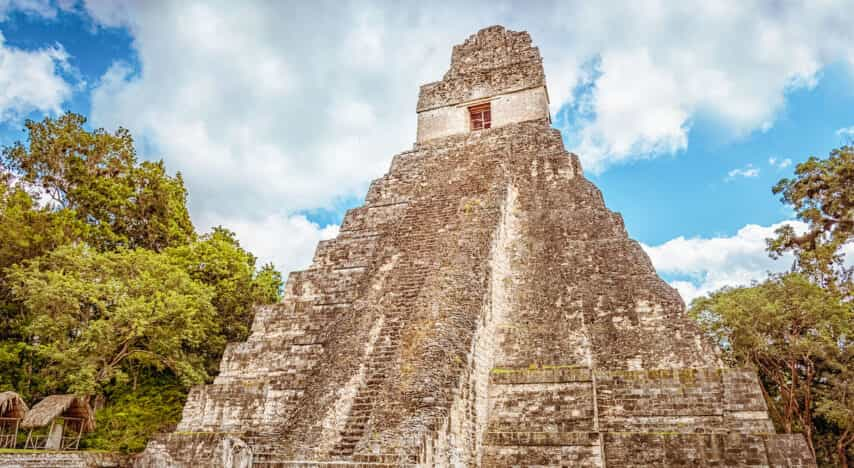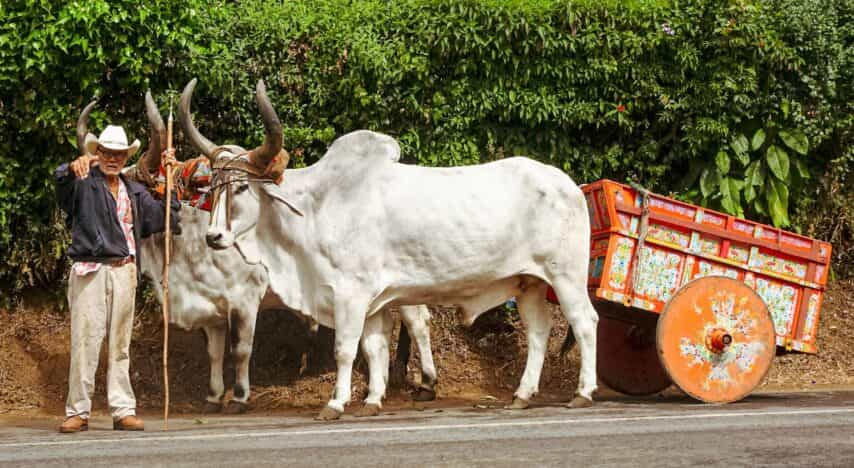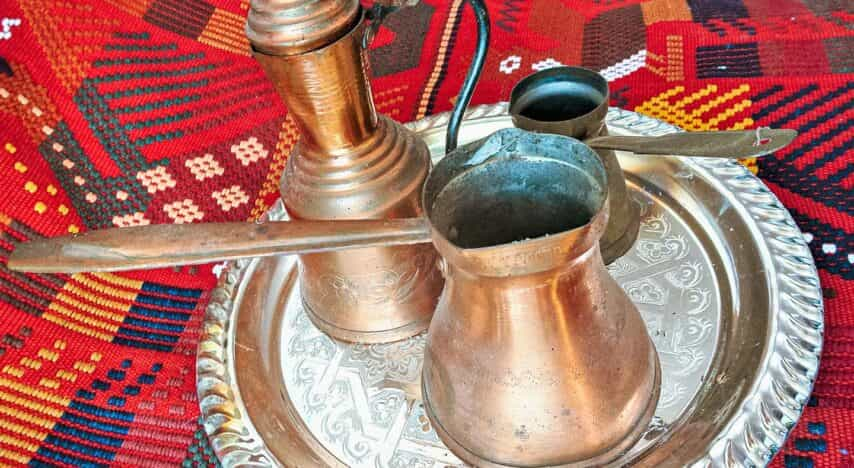On April 15, 2025, Kouri Keizai Shimbun, an industry newspaper providing specialized information on the retai…

We are all different and all wonderful. So is Coffee :)
All coffee lovers becoming one
through direct trade
TYPICA is an online platform where coffee producers and roasters from around the world
can engage in direct trade of rare and unique coffees, starting from just one jute bag.
We offer the diverse charms of coffees nurtured by the terroir
of their origins and the hands of each individual producer.
Narratives
Narratives of Producers and Roasters
Feeling happy without sacrificing anything- a positive cycle created by coffee
- Roaster
- Hyeon-Dong Park
- Roaster
- WERK ROASTERS
- Roaster brand
- Diedrich
Living with coffee was the natural choice
- Producer
- Gonzalo Mamani / Luis Antonio Mamani
- Farm/Processing Facility
- Familia Mamani
No Easy Way to Success: Pride and Perseverance Come from Hard Work
- Roaster
- Christoph Sauser
- Roaster
- HORIZONTE COFFEE ROASTERS
- Roaster brand
- Joper
How to be an Ally for Coffee Farmers
- Producer
- Vicente Mejía
- Farm/Processing Facility
- Clearpath Coffee
“Specialty coffee is an approach.” Leap of Faith Nurtures Industry
- Roaster
- Niko Sunko
- Roaster
- Bell Lane Coffee
- Roaster brand
- Giesen
Blog

Focusing on Honduras, Guatemala, and Nicaragua We recently traveled to three key countries in Central America to visit s...

Applications now open for TYPICA Lab 2025
What is TYPICA Lab? TYPICA Lab is a one-of-a-kind journey where roasters from around the world visit coffee producers an...

Kenya Harvest Update 2024/25
Kenya Coffee Harvest Update We have visited our partners in Kenya as a part to monitor the harvest as well as for seeing...

Ethiopia Harvest Update 2024/25
From the beginning of December, the TYPICA team decided to travel to Ethiopia as soon as possible to monitor this year&#...

New Year Greetings from the TYPICA Team
Masashi Goto, Chief Executive Officer,Ayane Yamada, Chief Quality Officer,Shintaro Asako, Chief Financial Officer Happy ...

Tanzania Harvest Update 2024/25
In September, I had the pleasure to visit Leon and Aideen from Acacia Hills Coffee Estate in Tanzania. During my visit, ...









